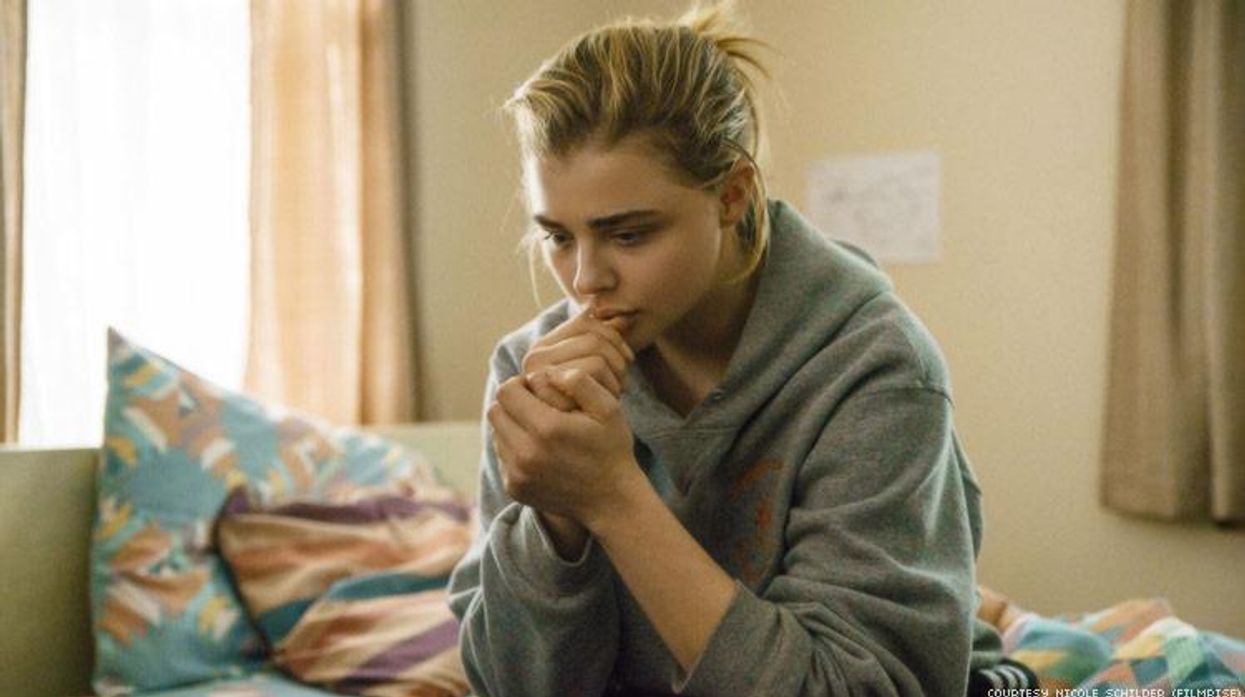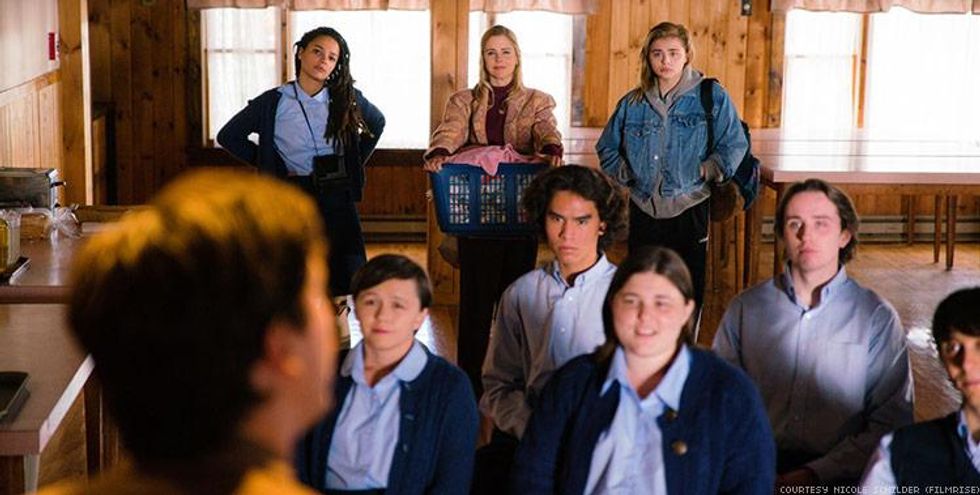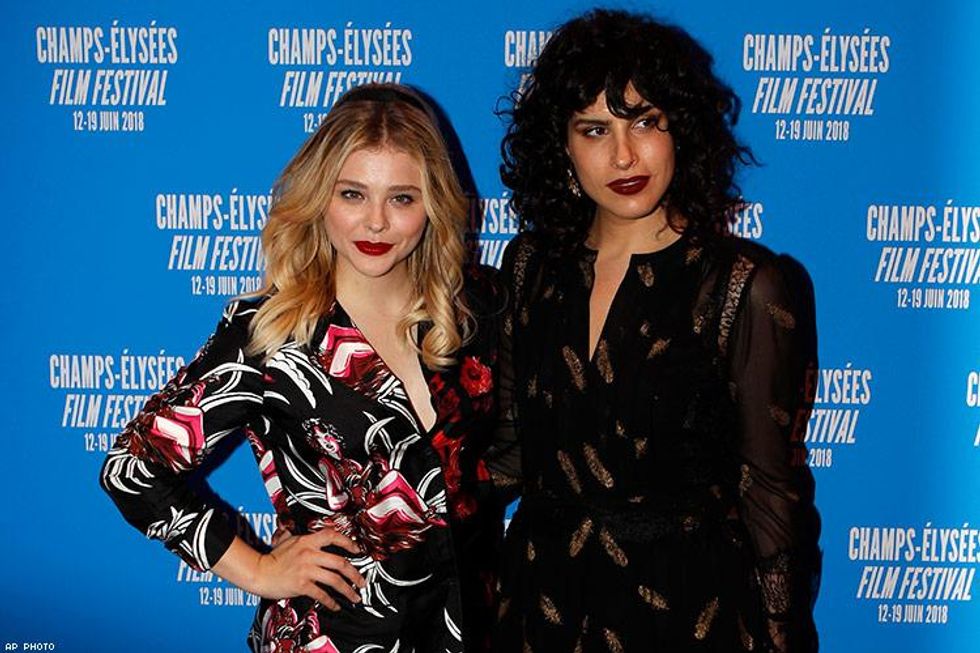boy erased
'Conversion Therapy' Drama Cameron Post Gets Queer Female Desire Right
'Conversion Therapy' Drama Cameron Post Gets Queer Female Desire Right

Director Desiree Akhavan and star Chloe Grace Moretz speak with The Advocate about the frank female sexuality that drives the film.
August 03 2018 2:52 PM EST







































































Charlie Kirk DID say stoning gay people was the 'perfect law' — and these other heinous quotes